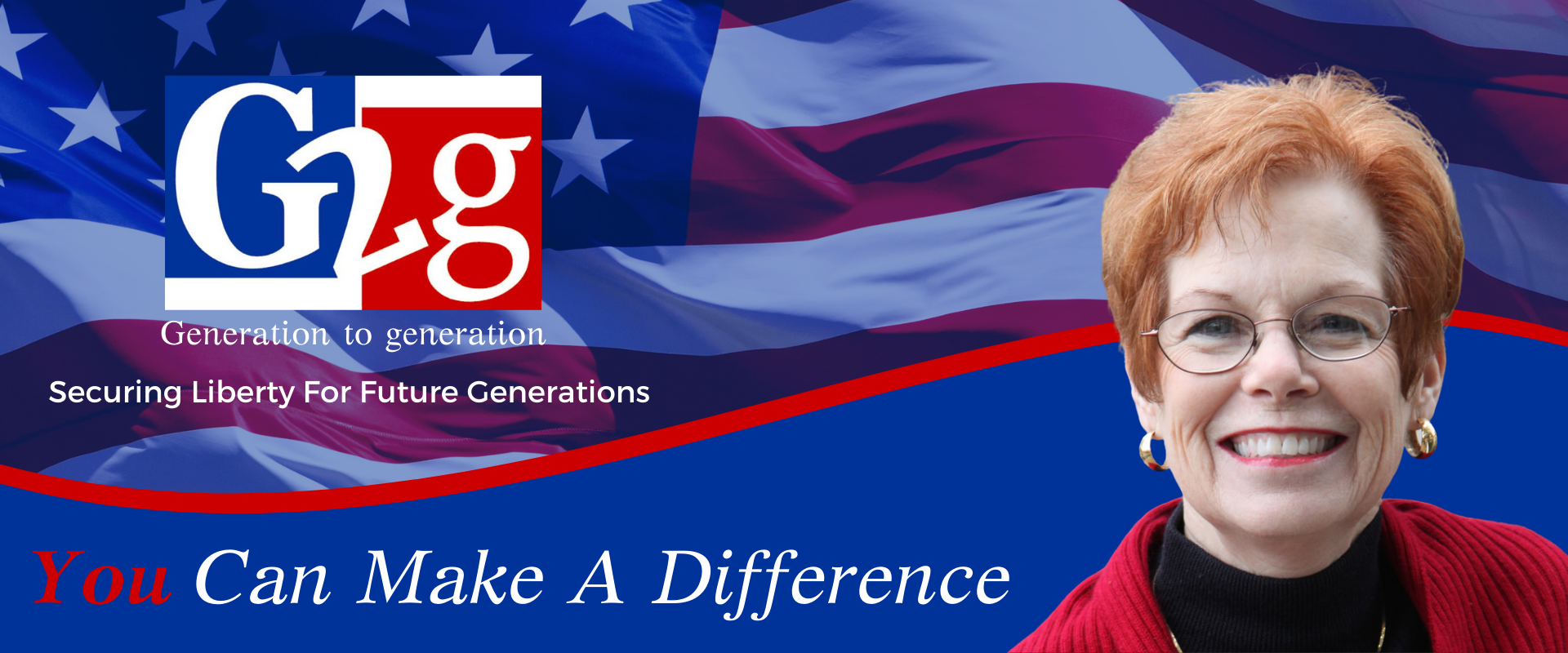For three weeks in December we discussed Article I – The Legislative Branch and the separation of powers. Hopefully, you have a better understanding of Congresses duties and powers. This week we are getting back to the series on separation of powers as we move into Article II and the Executive Branch.
Article II –The Executive Branch
This article establishes the Executive Branch of Government. The leader of the country is the President of the United States. The President and Vice-President are elected every four years. The Electoral College consisting of “electors” from each state elect the President and Vice-President. Each state Legislature decides how the “electors” (members of the Electoral College) from that state will be chosen. This process varies from state to state. For instance, Texas delegates at the state party conventions first elect two at large delegates. Later during their congressional caucus, they elect an “elector” to represent their district. The total number of electors will equal the number of Representatives and Senators of each individual state. If a state has eight Representatives and two Senators, there will be ten electors. Senators, Representatives or other elected officials may not be named electors to the Electoral College. The electors meet after the general election to place their votes which are then counted, certified and sent to the President of the U.S. Senate where all the states votes are counted and the election is finalized.
The Founders were concerned that the direct election by general vote of the populace would turn into a popularity contest that would favor the large states and discriminate against the small states. Therefore, they set up the Electoral College as the final word on elections. That explains how a President and Vice President can win the popular vote but lose the election in the Electoral College. The election of 2000 is an example of this.
Article II, Sections 2, 3 & 4 list the enumerated presidential powers. In Section 2 these include:
• the President shall be Commander in Chief of the Army, Navy, Marines, Air Force, Coast Guard and National Guards of the states when called up for national service.
• Require official “Opinion”, in writing, of the principle officer (Cabinet Member) in each of the executive Departments.
• Power to grant Reprieves and Pardons for offences against the United States, except in cases of Impeachment.
• The power, by and with the consent of the Senate, to make Treaties, provided two thirds of the Senators present concur;
• And he shall nominate, by and with the Advice and Consent of the Senate, Ambassadors, other public Ministers and Consuls, federal judges, Cabinet Members etc. But the Congress may by law vest the appointment of such inferior Officers, as they think proper, in the President alone, in the Courts of Law, or in the Heads of Departments.
• The President shall have the Power to fill all Vacancies that may occur during the Recess of the Senate [remember the Congress was part-time for a number of years so there were long periods of recess unlike today], by granting Commissions which shall expire at the end of their next session.
Section 3 grants the President some additional powers such as:
• He shall from time to time give to the Congress information of the State of the Union – this is now a yearly event.
• And recommend for Congresses consideration such measures as he shall judge necessary and expedient (in other words he can put for his own legislative agenda and push for its passage).
• Under extraordinary circumstances convene both Houses or either of them, and in the case of disagreement between them, with respect to the time of Adjournment, he may adjourn them to such time as he shall think proper;
• He shall receive Ambassadors and other public Ministers;
• He shall take care that the laws be faithfully executed and
• Shall commission all the Officers of the United States.
Section 4 provides for removal of the President, Vice President and all civil officers of the United States on Impeachment for and conviction of Treason, bribery, or other high Crimes and Misdemeanors.
The powers of the President are limited to those listed in Article II. However, there are those who believe the President is given executive power (through Executive Orders) not limited by the provisions of the rest of the article. Every President has had to make the choice of interpretations for himself. Some have used executive orders sparingly and others have used them abundantly. Executive Orders could be abused by an elected leader who does not govern, but rules and believes he can make laws and in so doing by pass Congress or the courts in picking and choosing which laws to enforce. This could pose a serious problem to “We the People.” It could lead to an actual Constitutional crisis.
Next Week: My How Things Have Changed….
Questions for Discussion: What are some possible problems that can occur when the Executive or Legislative Branches step outside their listed responsibilities? How can they be kept in check?

